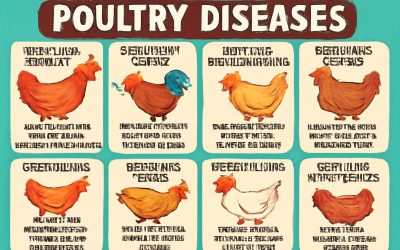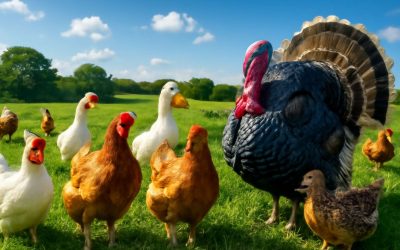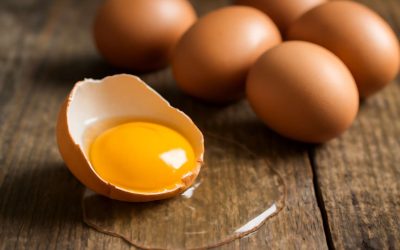
A hatchery machine is a device that is used to incubate eggs and raise chicks. In order to produce a healthy and vigorous chick, the incubation process must be done precisely. There are many different types of hatchers that can be purchased, depending on the size and type of eggs you plan to incubate. For instance, a small egg incubator is perfect for raising quail eggs, and a large incubator can handle a lot of chicken eggs at once.
When choosing an incubator, you should also consider where it will be located. Ideally, it should be located indoors to protect it from major weather changes. It should also have a good ventilation system to supply plenty of fresh air. Keeping the hatcher and incubator indoors will make it easier to maintain uniform temperature and humidity.
The best hatchery machines have built-in candling lamps that allow you to see the embryos in the eggs and determine if they are fertilized. This is important because it will allow you to know if the eggs are not developing properly. This will prevent you from investing money in an incubator that is not going to work for your needs.
In addition to ensuring that the temperature and humidity levels are proper, it is essential to clean and sanitize the machines between each hatch. This will help to avoid contaminating the eggs and causing poor hatchability. The sanitation process should include vacuuming, scrubbing, disinfecting, and fumigating the entire hatchery between each set.
A common cause of poor results in the incubation of poultry is due to improper control of temperature and humidity. For example, the wet bulb reading of a forced-air incubator should never be allowed to exceed 100 degrees Fahrenheit during the incubation period. Minor fluctuations of less than 1 degree may be tolerated, but the temperature should never remain high or low for extended periods.
Another common reason for poor results is improper egg turning. Nature provides nesting birds with the instinct to turn their eggs, and the same is necessary in incubating equipment for optimal results. This is because the albumen of an egg has a specific gravity that is very close to that of water, while the yolk has a higher fat content and will therefore float on top of the albumen. By turning the eggs every hour, you will encourage the development of the embryo in a way that will lead to better hatching. This will give you more successful hatches each week and a greater overall annual production of chicks. It will also allow you to increase your profits. You will be able to sell your chicks for more than you bought them for. You will also be able to raise them more quickly and with better quality.



0 Comments